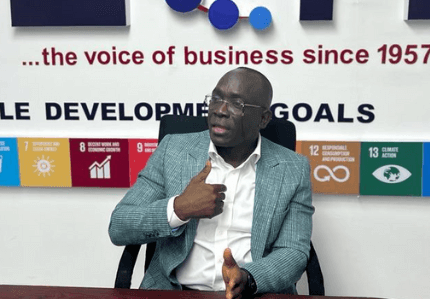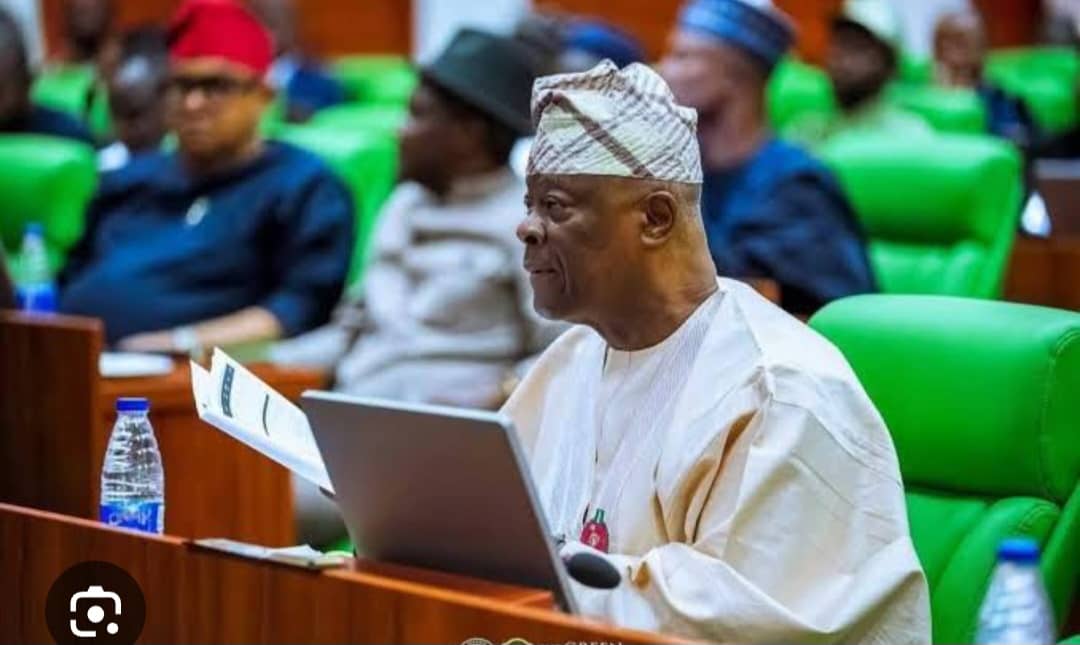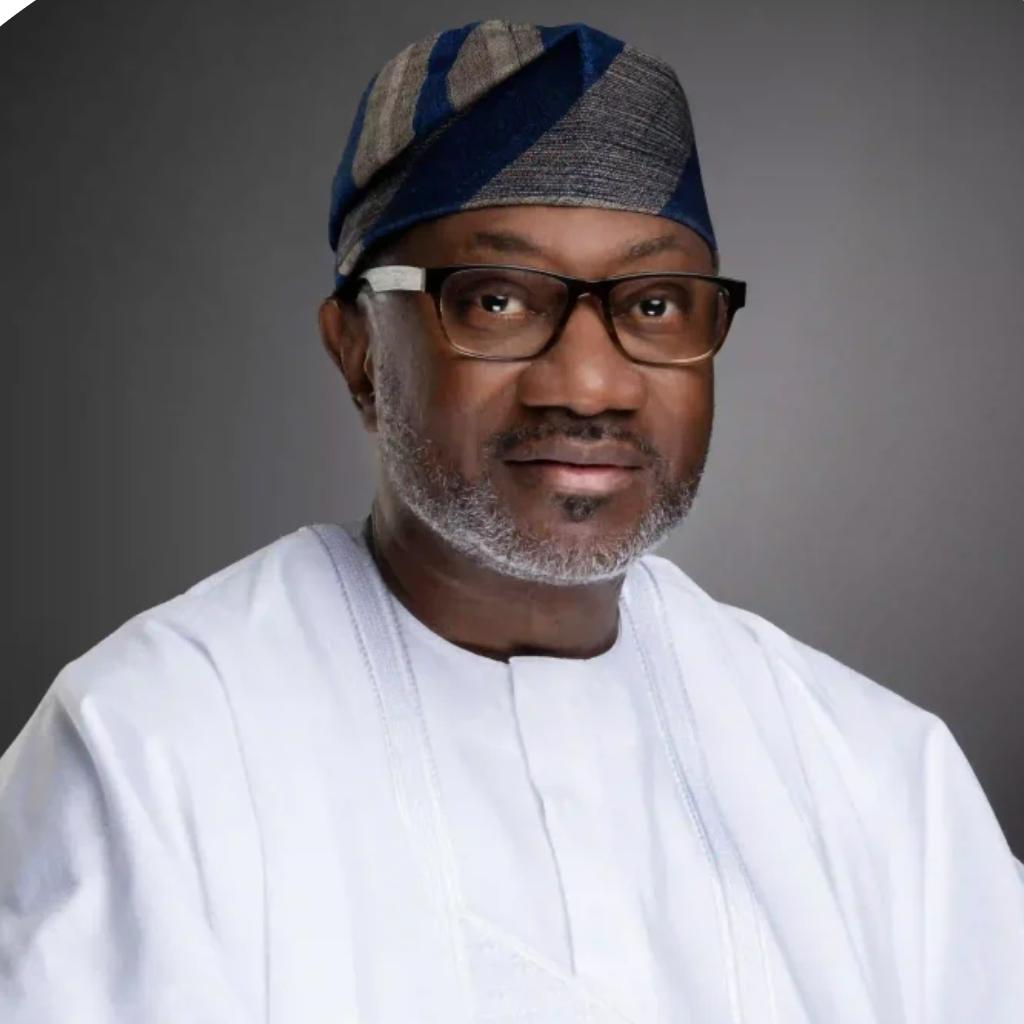NECA Rejects 4% Customs Levy, Says Timing Is Insensitive

The Nigeria Employers’ Consultative Association (NECA) has expressed deep concern over the recent introduction of the 4% Customs Administration Charge on Free on Board (FOB) value by the Nigeria Customs Service (NCS) as contained in the Nigeria Customs Service Act, 2023.
While revenue generation remains a priority for the Government, imposing this levy amid prevailing economic hardships is ill-timed and detrimental to businesses and Nigerians.
Responding to this recent policy, NECA’s Director-General, Mr. Adewale-Smatt Oyerinde, stated: “the Nigerian business environment is already burdened with multiple taxes, unpredictable policies, and economic challenges. With rising unsold inventories and growing unemployment, policies should support businesses and not further strangulate them. This additional financial import-dependent businesses will escalate production costs, fuel inflation, and threaten jobs. Ultimately, consumers will suffer from higher prices, worsening an already challenging economic climate.”
Speaking further, Mr. Oyerinde criticized the Nigeria Customs Service (NCS), for prioritizing revenue generation over its core mandate of trade facilitation and economic development.
This approach is counterproductive and directly contradicts the Government’s Ease of Doing Business agenda. Criticizing the move.
He added: “with a revenue target of N10 trillion set for the Nigeria Customs Service in the 2025 Budget by the National Assembly, this levy appears to be a desperate attempt to meet revenue projections at the expense of businesses and ordinary Nigerians. While the Government may achieve its revenue goals, the unintended consequences will be severe—higher costs of goods, business closures, rising unemployment, and worsening economic hardship for millions of citizens.
He further noted that the new charge contradicts ongoing tax reform efforts led by the Presidential Fiscal Policy and Tax Reforms Committee, chaired by Taiwo Oyedele, which aims to harmonize taxes and support business sustainability.
“At a time when businesses are calling for a streamlined tax system, this levy undermines reform efforts and sends a negative signal to investors,” he warned.
With Nigeria’s annual imports estimated at N71 trillion, the newly introduced levy will impose an additional N2.84 trillion in costs.
For industries that rely on imported raw materials, this charge will drive duty payments up by 80%, significantly inflating production cost and eroding competitiveness.
The ripple effects will be severe—higher inflation, deeper poverty, and a weakened investment climate.
NECA, therefore, calls for an immediate reversal of this levy and urges the government to engage with stakeholders to develop a more sustainable and business-friendly approach to revenue generation.
Government must take urgent steps to ease the financial burden on businesses and citizens, rather than implementing policies that will worsen economic hardship and stifle business growth.













